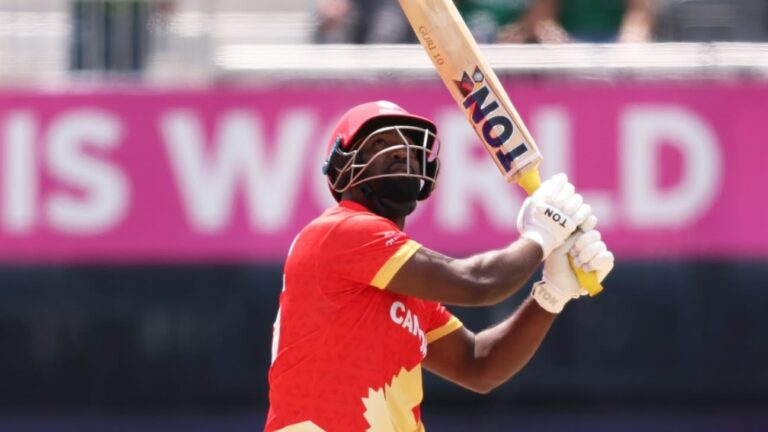The Role of Cricket Managers and Agents
Play99exch, Allpaanel: Cricket managers are entrusted with a myriad of duties that are crucial for the success of the team. One of their primary responsibilities is to oversee the daily operations of the team, ensuring that everything runs smoothly both on and off the field. From organizing training sessions to handling player logistics, managers play a vital role in providing a supportive environment for the team to thrive.
In addition to managing the team’s day-to-day activities, cricket managers are also responsible for strategic planning and decision-making. They collaborate with coaches to develop game strategies, analyze opponents, and make tactical adjustments during matches. Furthermore, managers act as a liaison between players, coaches, and the team management, fostering clear communication and unity within the team.
Building Relationships with Players and Coaches
Establishing strong relationships with players and coaches is a crucial aspect of being a successful cricket manager. This involves creating an environment of trust and open communication where everyone feels valued and heard. By showing genuine interest in their well-being and goals, managers can build rapport and foster a positive team culture that enhances performance on and off the field.
Maintaining regular one-on-one check-ins with players and coaches is a great way to address any concerns, provide feedback, and offer support. This personalized approach allows managers to understand individual needs and preferences, leading to stronger connections and ultimately better teamwork. By cultivating these relationships, managers can ensure a cohesive and motivated team that is ready to tackle any challenges that come their way.
Negotiating Contracts and Sponsorship Deals
Navigating the world of contracts and sponsorship deals in cricket management is a multifaceted task that requires finesse and strategic planning. Managers are entrusted with the responsibility of securing mutually beneficial agreements that not only benefit the players and coaches but also bolster the financial standing of the team. This involves a delicate balance of negotiation skills, industry knowledge, and an understanding of the specific needs and goals of all parties involved.
In the realm of sponsorship deals, cricket managers must be adept at identifying potential partners whose values align with those of the team. Building strong relationships with sponsors is crucial in securing long-term partnerships that can provide financial stability and opportunities for growth. It is imperative for managers to showcase the value that the team can bring to a sponsor, whether it be through exposure, brand alignment, or community engagement initiatives.





